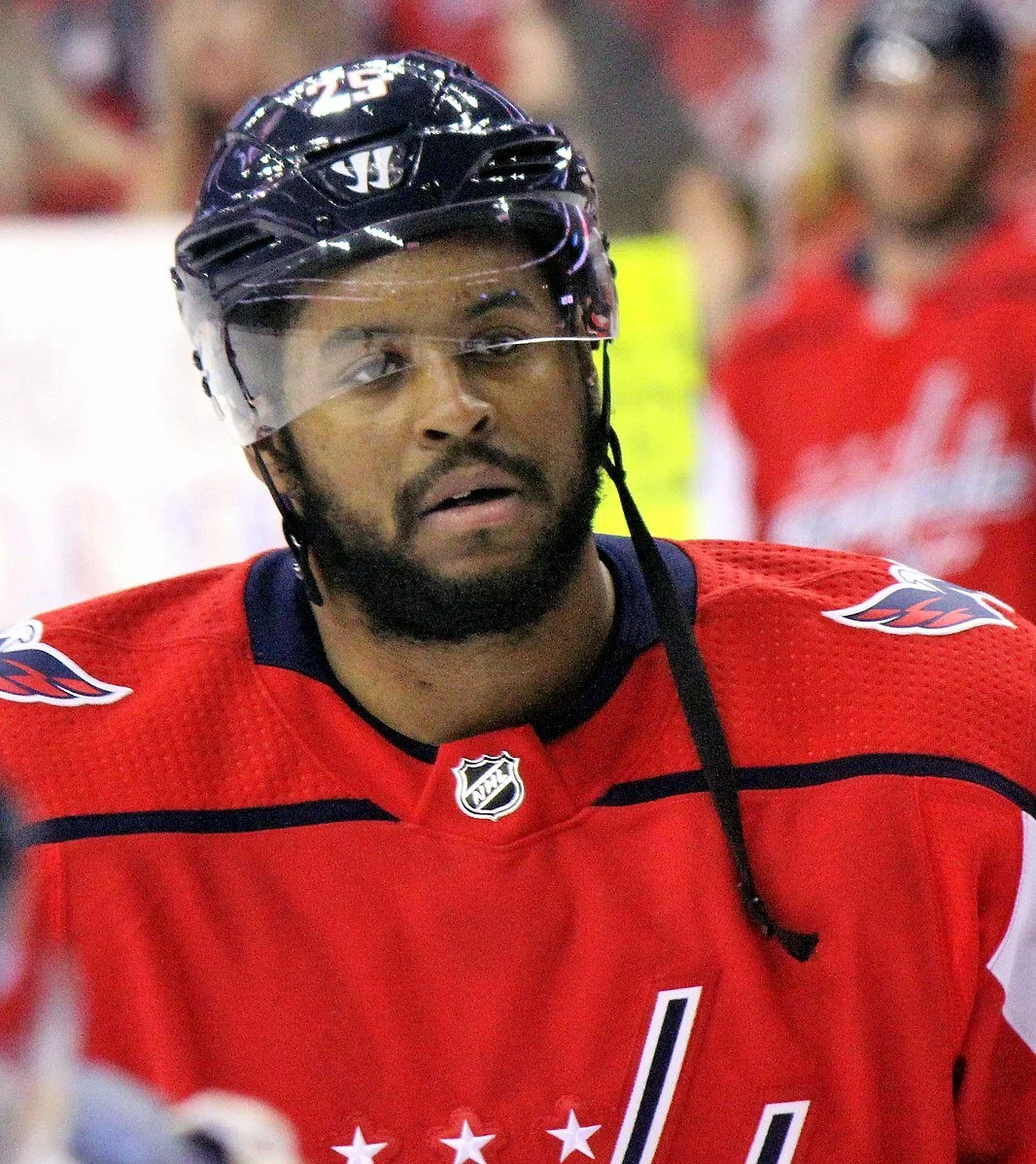SIX SHOTS ON VLADISLAV TRETIAK
Five minutes with Soviet goaltending legend and Russian Hockey Federation President Vladislav Tretiak is almost worse than zero. How can you possibly condense a lifetime of global fascination into a stolen conversation during the KHL All Star Game? Insurmountable task notwithstanding, I fired six shots at the ten-time World Champion, three-time Olympic champion and first foreign-born inductee to the Hockey Hall of Fame.
Gillian Kemmerer (GK): Martin Brodeur trained at your goaltending academy. When you first began your career, the tensions between the USSR and the West were so pronounced. Could you ever have imagined then that you’d produce one of Canada’s most beloved goaltenders?
Vladislav Tretiak (VT): [Laughs] Of course not!
GK: And he’s not the only one!
VT: [Martin Brodeur] and José Théodore went on to play in the NHL. I spent a few years in Montreal in the school. [Brodeur’s] father was also a goaltender. He told me, “Teach him!” And I told him, “What do you mean? You can teach him yourself!” And he was like, “No, you should do it!”
Brodeur and Théodore stood out right from the beginning with their skill and work ethic. I have always followed [Brodeur]. I am happy that I could help with his development, and he went on to be a great goaltender. I was at the Hockey Hall of Fame when he was inducted. I was inducted in 1989, and I was happy to see him make it there as well.
GK: Team Russia at World Juniors put up a very young goaltender this year: Yaroslav Askarov (age 17 at the time of competition). We are seeing a renaissance of Russian netminders in the NHL and KHL. What is the driving force?
VT: Hockey Russia made it possible, and I personally attend the goaltending camps. Every year, we bring together the best goaltenders from all over the country. Obviously it’s something we are focusing on. Now there is a goaltending coach at every junior hockey school.
We understand that in today’s world, 70% of success depends on the goaltender. Also, a few years ago, we introduced a limit on goaltenders. You either have to give the nod to a young Russian netminder or pay a large sum of money. We used to have a lot of import goaltenders and it was a problem. That’s why this limit helped so many young talented goaltenders to crop up – [Sergei] Bobrovsky, [Andrei] Vasilevskiy, [Semyon] Varlamov and many others.
GK: On that note, who is the best goaltender in the world right now?
VT: There are so many. Personally, I like Sergei Bobrovsky the most. He plays a very similar style to me!
GK: Sergei Fedorov and Slava Fetisov have told me that replicating the Soviet style of play would be difficult because those training models and schools of thought are fading away.
VT: I don’t agree that it’s fading away. I think those players who played in the Soviet Union and coach now, they teach what they were taught. I think it’s a mix of styles now, a blend between Soviet and Canadian hockey. Look at what’s going on in Canada—they don’t play pure Canadian brand of hockey anymore. It’s not like it’s 1972.
GK: But if you could save nothing else — what would be the non-negotiable piece of that legacy?
VT: What would I like to retain from Soviet style hockey? Heart and tradition. If we keep these two things, everything is going to be alright.








